مشخصات درس :
نام درس :
مبانی اقتصاد
(Economics Principles)
کد درس :
-
تعداد واحد :
3
مقطع :
کارشناسی ارشد
پیشنیاز :
-
همنیاز :
-
نام درس :
(Economics Principles)
کد درس :
-
تعداد واحد :
3
مقطع :
کارشناسی ارشد
پیشنیاز :
-
همنیاز :
-
اهداف
سرفصلها
هدف این درس پرداختن به سوالاتی از این دست است:
-
تورم چگونه بوجود میآید و چگونه مهار میشود؟
-
چه عواملی منجر به افزایش انگیزه مردم برای سرمایهگذاری میشود و چه عواملی آنان را به سمت خروج سرمایه یا نگهداری شخصی داراییها سوق میدهد؟
-
چرا مردم در برخی از کشورها مانند کشور ما، بیشتر تمایل به خرید کالاهای خارجی دارند و از محصولات داخلی استقبال نمیکنند؟
-
سیاستمداران از مردم میخواهند که در مصرف آب و برق و سایر حاملهای انرژی رعایت صرفهجویی کنند. چرا رفتار مصرفی مردم در این موارد، روند بسیار متفاوتی را نشان میدهد؟
مراجع
The course is the first course in Economics and is an introduction to the basics of economics and economic analysis. It is centered on three main topics: “What is economics”, “Microeconomics basics”, “Foundation of Macroeconomics”.
At the first step, the basic concepts of economics would be introduced. You learn how economists think and how economic analysis can help us understand the world better
Then, you learn about the foundations of microeconomics to understand how an economic system works. We review the basic analysis of demand, supply, and market equilibrium. Then you learn about competitive and non-competitive markets, price discriminations, externalities and public goods. Then you will get introduced to the roles of governments and the effects of different government’s policies like taxes, subsidies, quotas and rationing.
Third, the course change gear towards the basics of macroeconomics. You will learn basic terminologies of macro like GDP, aggregate prices, inflation, national accounts and ,…
At the first step, the basic concepts of economics would be introduced. You learn how economists think and how economic analysis can help us understand the world better
Then, you learn about the foundations of microeconomics to understand how an economic system works. We review the basic analysis of demand, supply, and market equilibrium. Then you learn about competitive and non-competitive markets, price discriminations, externalities and public goods. Then you will get introduced to the roles of governments and the effects of different government’s policies like taxes, subsidies, quotas and rationing.
Third, the course change gear towards the basics of macroeconomics. You will learn basic terminologies of macro like GDP, aggregate prices, inflation, national accounts and ,…
What is Economics
Introduction
Ten principles of economics
How economists think
Grain from Trade
Microeconomics Basics
Demand
Supply
Market equilibrium
Household behavior
Firms’ behavior
Efficiency of Market
Market failure and government role
Monopolies
Foundations of Macroeconomics
Introduction
Economic Growth
Macroeconomic models
Money, inflation and unemployment
Open economies
- Mankiw, Greg, (2023). Principles of Economics 10th edition.
- Nili, Masood. (1386) Principles of Economics.
- (Optional) Becker, Gary, (2008), Economic Theory, 3rd edition
